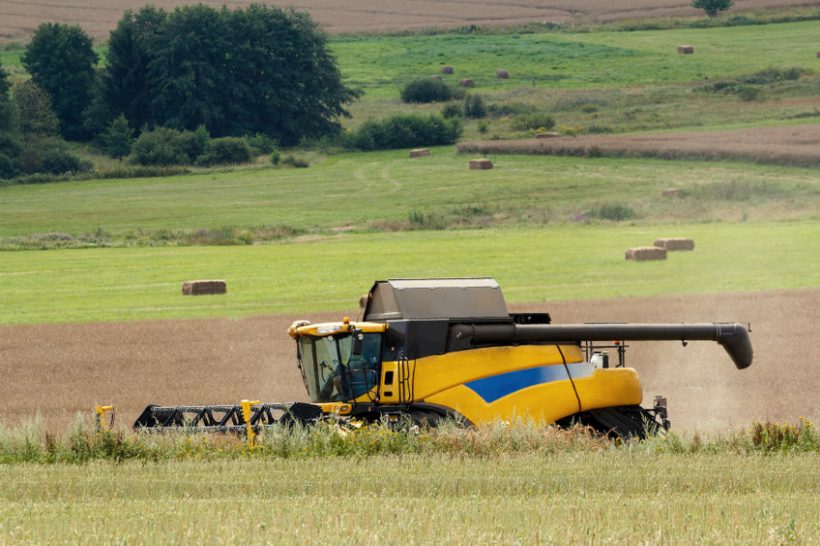
Capital grant funding worth £5 million to help aid Scottish farming’s low-carbon future has been welcomed by industry groups.
Announced by the Scottish government, the whole of the current year’s Agriculture Transformation Fund of £5m will be made available for farm businesses to become more sustainable.
The fund will enable them to invest in capital items to improve slurry management - including covers - in order to reduce emissions and impacts on water quality.
An agricultural modernisation fund of this type was first proposed by the Climate Emergency Response Group (CERG) in 2019.
The Scottish Land & Estates (SLE) has welcomed the funding, as cashflow and high capital costs are a 'significant barrier to change'.
Paul Richardson, policy adviser at the rural business group, said: “We welcome the Agriculture Transformation Fund announcement as an important step forward in helping the industry contribute towards a more sustainable future.
"Such a fund was one of the key recommendations Scottish Land & Estates pushed for as part of the Climate Emergency Response Group as we know the positive impact that measures such as effective slurry management can have on our environment."
He added: “It is important that businesses look at the detail of the scheme and leave themselves sufficient time to apply, especially as we move forward into the busy Spring period.
"We expect there will be some conditionality when claiming for the capital items, and it is likely that businesses will have to complete a carbon audit and have a nutrient management plan in place.”
SLE also welcomed the insight provided by the Scottish government's Rural Affairs Secretary Mairi Gougeon on the National Test Programme, to allow more farm businesses to carry out carbon audits and soil sampling.
However, the group added that concrete detail on this and the replacement for the Common Agricultural Policy (CAP) was 'urgently needed' by the sector.
Mr Richardson said: “Carbon audits and soil sampling will be vital to Scottish farming improving its environmental credentials and understanding how best to utilise cutting edge techniques whilst maintaining food production.
"We’re pleased that the Cabinet Secretary has provided an insight on the planned National Test Programme, but the scheme is something we need to start implementing as soon as possible."
